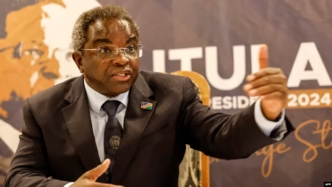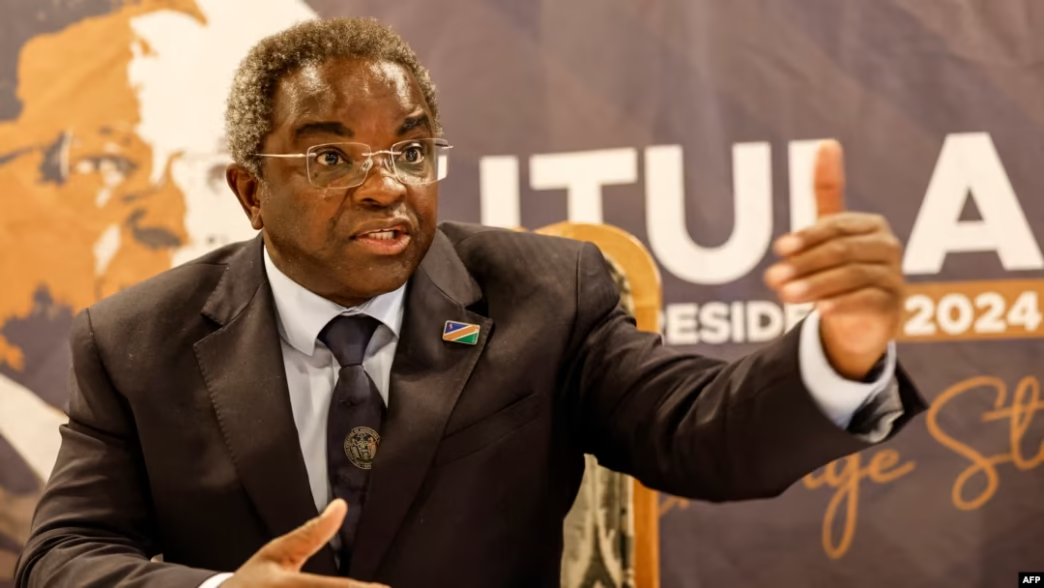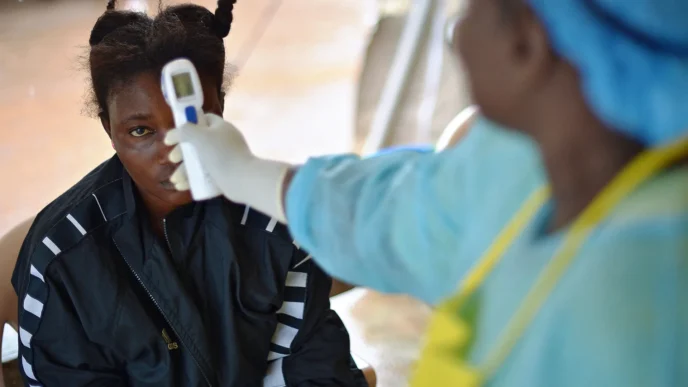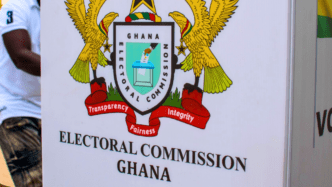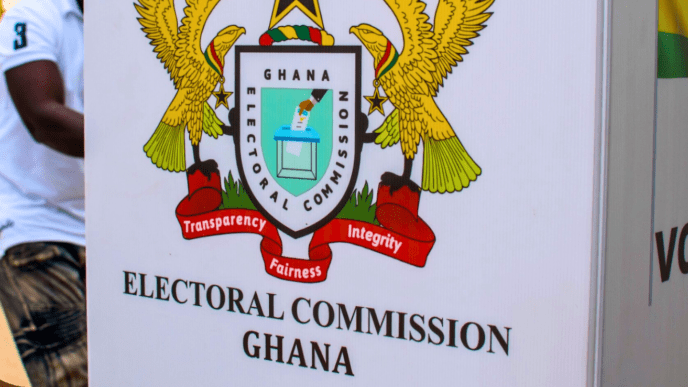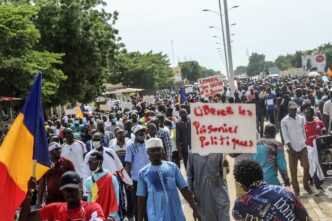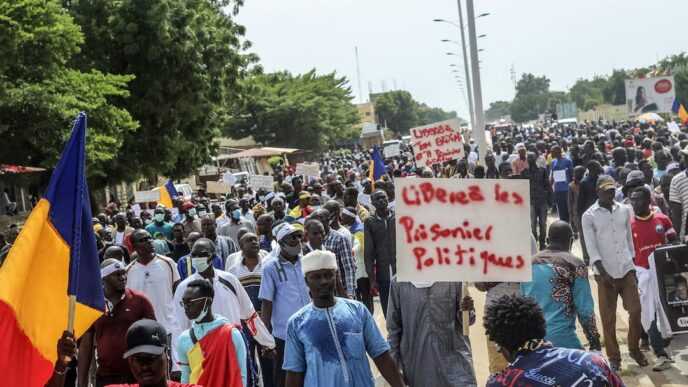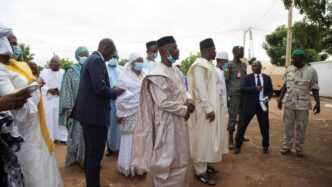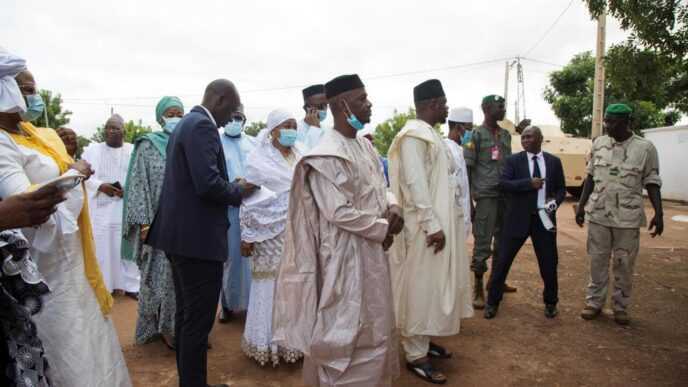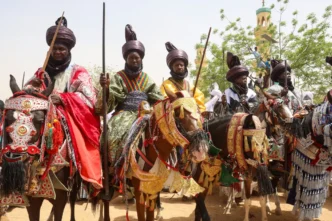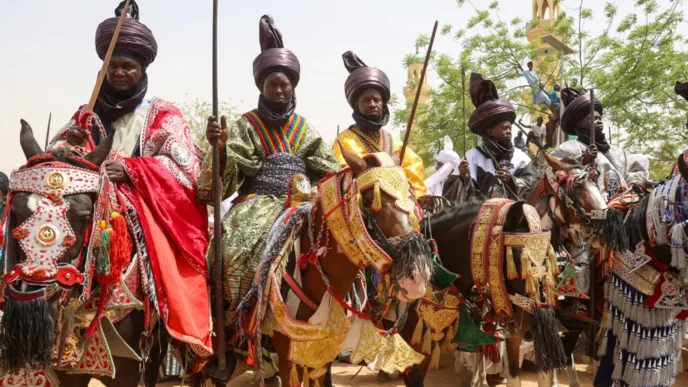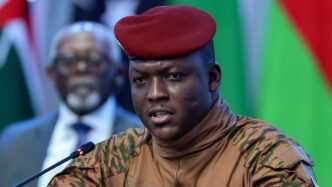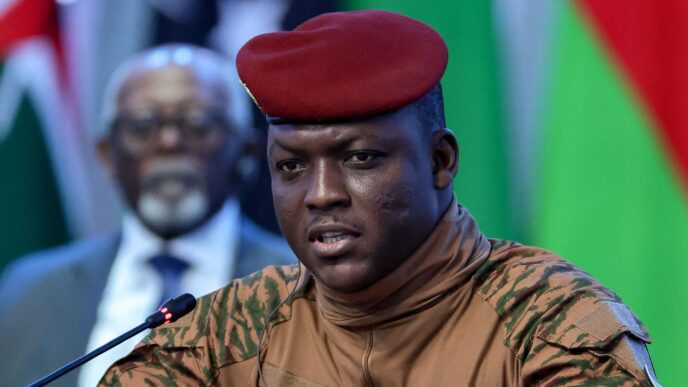Namibia faces mounting political tension following the recent presidential election, with opposition parties rejecting the results and alleging widespread irregularities.
Netumbo Nandi-Ndaitwah of the SWAPO Party, set to become Namibia’s first female president, secured over 57% of the vote, according to the electoral commission.
However, her primary rival, Panduleni Itula of the Independent Patriots for Change (IPC), has called for the annulment of the election results, igniting the Namibia election controversy.
Namibia Election Controversy Sparks Opposition Outrage
The election, held on December 3, encountered significant logistical challenges, including ballot paper shortages and technical malfunctions, which extended polling by three days in several regions. Opposition parties argue that the extensions violated electoral laws, undermining the legitimacy of the results.
Panduleni Itula, who garnered 26% of the vote, labeled the election process “chaotic.” He accused the SWAPO-led government of suppressing voter rights and urged opposition parties and citizens to unite in demanding justice.
“The rule of law has been grossly violated, and we cannot consider this election free, fair, or legitimate,” Itula asserted during a public address.
SWAPO’s Long Reign Amid Namibia Election Controversy
SWAPO, which has ruled Namibia since its independence in 1990, continues to dominate both presidential and parliamentary elections. The party’s liberation struggle credentials have long secured its political dominance, but rising youth unemployment and economic challenges have fueled public discontent.
Despite these challenges, Nandi-Ndaitwah’s victory reflects SWAPO’s enduring influence. The electoral commission reported her decisive lead over Itula, but critics argue the process lacked transparency.
Only half of Namibia’s population of approximately 3 million is registered to vote, amplifying concerns over voter disenfranchisement.
As the Namibia election controversy unfolds, opposition leaders and activists are rallying to contest the results before the March 21 inauguration.
With Namibia’s political stability on the line, the next few months will determine whether calls for electoral justice bring meaningful change or deepen the nation’s political divide.
